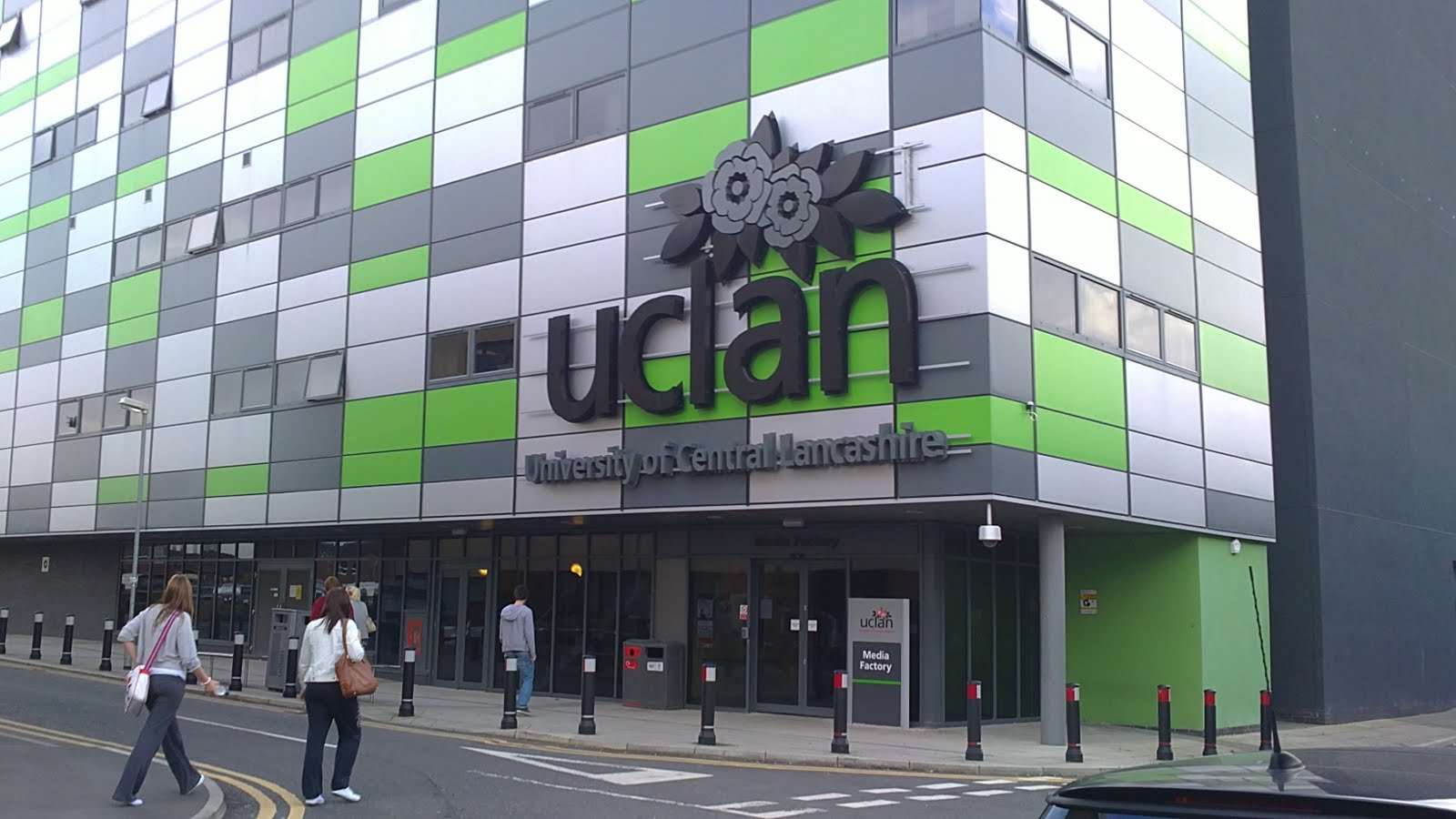This week saw the annual Lancashire Business Week, featuring a series of round table discussions culminating yesterday in ‘The Huddle’ held at UCLan’s Media Factory.
I had the job of reporting back the findings of the three round table events on the topics of Skills & Leadership, Access to Finance and Selling Lancashire. The issues raised by Lancashire businesses during the debates will be used to form the agenda for Downtown’s Lancashire Business Conference, to be held in the autumn.
It is intended that key organisations, such as Lancashire County Council and the Lancashire Enterprise Partnership, will attend the conference to hear the views of local businesses and engage in a positive way to drive forward the economic well-being of the county.
The first session at Preston College debated such topics as: Are education establishments creating a work- ready workforce? Do businesses across the county have the leadership and management skills to drive companies forward? Does the political landscape in Lancashire help or hinder the skills agenda?
Lis Smith, Principal of Preston College believes young people are not as informed as they should be about the world of work and the situation is getting worse. She said: “Young people are not getting enough input to make informed choices. Changes in careers advice services mean information is limited and many students have no sense of the opportunities available or what jobs are about.”
Many, like Jeremy Coates, MD of Magma Digital, are investing to bridge the skills gap with in house training. He said: “We have developed a ‘grow your own’ training programme to develop young people. We take on apprentices and Graduates with the right attitude and fill the gap in knowledge and skills.”
Downtown’s second debate in Lancashire Business Week series focused on a common issue faced by many businesses in today’s economic environment – gaining access to finance.
Wendy Bowers, Business Development Manager at Growth Accelerator says that in the absence of lending banks need to do much more to help businesses in the community: “Banks need to understand what help is available and point businesses in the right direction in order to provide a useful service, it is essential for maintaining good client relationships. They also need to help a business to understand exactly how much funding is required, as this is where many businesses come unstuck.”
Wendy also raised concerns that most SMEs do not understand financial jargon and that the industry must communicate in plain English to be more effective.
Cliff Naylor, Chief Executive at The North West Fund has invested in 200 businesses over the last two years and believes the industry should be focusing their attentions towards SMEs.
While the banks did not receive an overdose of praise during the session, participants did have a certain level of empathy for the banks, especially as a common mistake made by businesses is a failure to plan financially for the entire business cycle with banks expected to bail them out.
The final session featured perhaps the liveliest debate, with businesses discussing what can be done to ‘sell’ Lancashire and ensure that the county punches above its weight.
Debbie Pettitt, Chief Executive of Marsden Rawsthorn said one of the issues that must be addressed is who is responsible for the promotion of Lancashire. “Someone needs to take the lead and whilst businesses are supportive of the need to promote Lancashire as a great place to live and work, they cannot take on board responsibility for making it happen.”
Michael Gibson, Managing Director of Fat Media expressed concerns that Lancashire’s brand is confused. “We have Blackpool promoting its tourism offer, Lancaster promoting arts and culture. There doesn’t seem to be a cohesive approach. In Lancaster we feel isolated from what is happening in the rest of the county – for example there isn’t a single representative on the LEP from North of Preston. In some respects we feel it would be better for Lancaster to go it alone.”
There was a sense amongst the group that Lancashire needs to identify its offer.
Nathaniel Cassidy from 3ManFactory said that we should have a multi-stranded approach which focused on those sectors where we excel – aerospace, digital, food etc. “It’s no good having a scattergun approach, trying to be all things to all men. What we need is a ‘rifle shot’ approach that talks to key audiences in different ways.”
There was a frustration that there are too many local authorities in Lancashire and too much in-fighting – so no-one is taking the lead in promoting Lancashire. There was also a view that that there are a large number of disparate organisations doing their own thing with no joined-up approach.
For me this week’s debates have highlighted some interesting issues and challenges, but these will only be resolved through better communication, more collaboration between the private and public sectors and cohesive and coordinated strategies.
It’s clear that the businesses of Lancashire are proud and passionate about this great county. However, there’s a definite lack of communication and that applies whether we are talking about knowledge of access to finance products, the training programmes that exist across the county or raising the bar when it comes to promoting everything Lancashire has to offer.
There’s a growing sense that the public sector can’t be solely responsible for making the changes that are needed happen. However, it is widely recognised that what we do need is strong leadership to drive forward the future of Lancashire and get local businesses and organisations such as the Lancashire Enterprise Partnership on the same page.
Downtown will be presenting the findings of the week’s events to the powers that be in the county and we’ll look forward to an informative debate at the Lancashire Business Conference later in the year. I hope that you can join that discussion.





